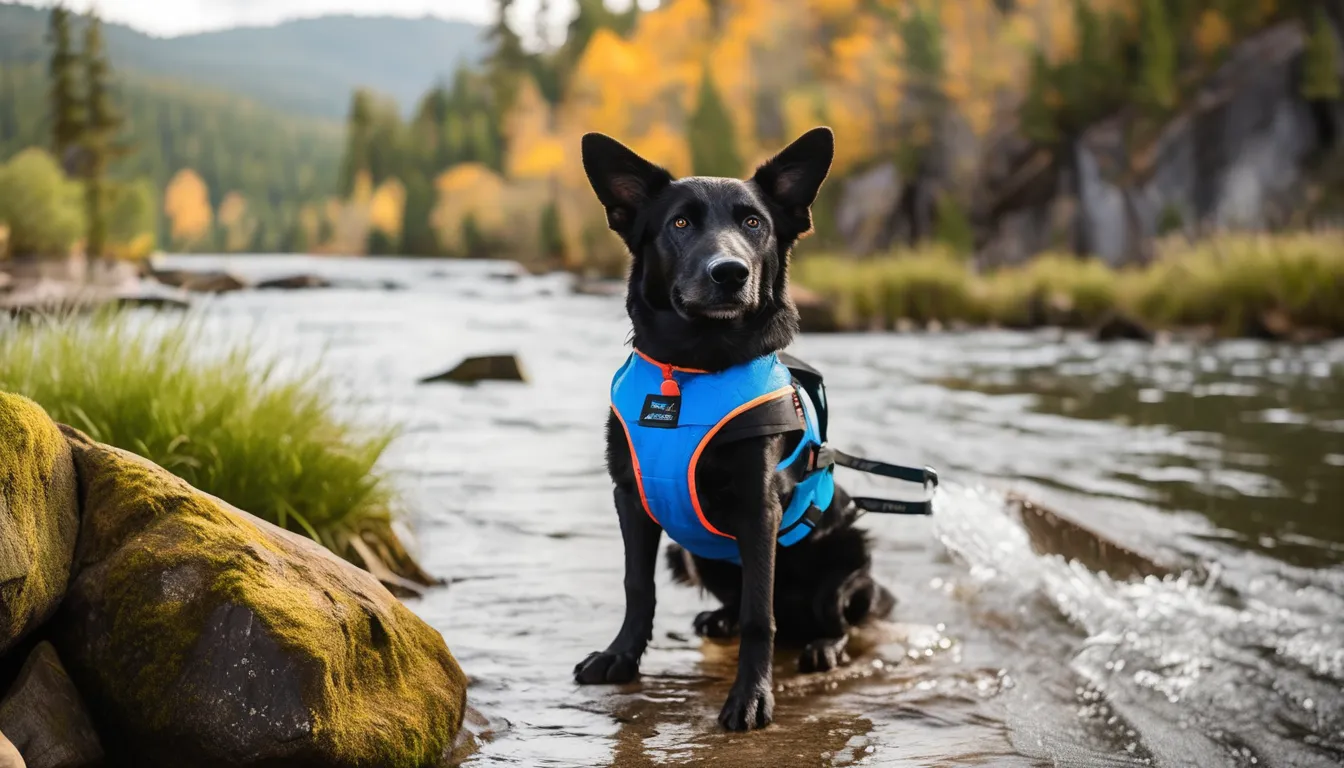5 Spring Cleaning Hacks for Pet Owners
Spring offers a fresh start, but anyone with a dog or cat knows that muddy paws, flying fur, and scattered toys can turn a tidy home upside down. These spring cleaning hacks for pet owners will help you clear the chaos, protect your belongings, and keep your animals safe. Follow the five steps below to create a cleaner, healthier space for every member of the family—four-legged or otherwise.
1. Sort and refresh every pet item
Begin with a full inventory of beds, blankets, toys, and grooming tools. Inspect each piece for damage and odors. Wash what you can in hot water with fragrance-free detergent. Replace worn items and donate toys your pets ignore.
Store the rest in labeled bins on a shelf rather than the floor; this keeps fur and dander from building up around them. A clear system makes daily pickup faster and prevents that dreaded clutter creep. These small moves form the backbone of your first set of spring cleaning hacks for pet owners.
2. Deep-clean the feeding station and upgrade to an automatic feeder
Food crumbs attract insects and cause lingering smells. Scrub bowls with hot, soapy water and wipe the floor under the feeding mat. Then rethink the gear itself. The WOPET CA10 Automatic Cat Feeder solves many mess problems at once:
- Smart app control. Schedule up to 10 meals a day and 8 precise portions per meal from anywhere on your phone.
- 4-liter storage. A 17-cup hopper holds several days’ worth of kibble, and an anti-clog system keeps food moving.
- Twist-lock lid. It seals out air and curious paws, so kibble stays crunchy and fresh.
- Easy to clean. The hopper and bowl pop off and go straight into the dishwasher.
- Voice meal call. Record a 10-second message to comfort your pet while you are away.
Using an automatic, timed feeder like this one not only limits spills but also supports regular eating habits, which can reduce begging and weight gain. If you want to learn more about the benefits of a timed feeder, WOPET offers a detailed guide on its site. This step alone elevates your second round of spring cleaning hacks for pet owners to a professional level.
3. Control shedding before it spreads
Most cats and dogs shed more as temperatures rise. Brush them outside daily, then shake out rugs and launder slipcovers every week. A high-quality vacuum with a pet-hair attachment will lift dander from upholstery.
For stray hairs on clothes, keep a lint roller by the doorstep. When fur sticks to fabric, a quick pass saves an outfit in seconds. For stubborn fibers, follow these tips on how to remove fur from clothing without damaging the material.
4. Freshen the litter or bathroom area
Litter boxes and puppy pads trap odors and harbor bacteria. Empty boxes completely, scrub them with mild dish soap, and dry them in direct sun. Switch to unscented, low-dust litter to protect everyone’s lungs. Place a small mat outside the box to catch loose grains and shake it out daily.
If you own cats that sometimes have accidents, review strategies for eliminating stray “bathroom” spots and understand possible causes of odd behavior, such as inappropriate elimination on beds or sofas. A brief read on why cats occasionally soil soft surfaces can save hours of cleanup later.
5. Improve air and water quality
Pets track pollen and dirt indoors, so change HVAC filters every 30 days in spring. Run an air purifier in high-traffic rooms to cut down on dander. Fresh water also supports health and keeps fur glossy. Many owners now swap bowls for a flowing water fountain because it stays cleaner and encourages better hydration.
A quick comparison of a water fountain versus a basic bowl can guide your decision. If you plan long trips this season, combine a fountain and the WOPET CA10 feeder to ensure steady food and water while you travel. Check out expert advice on long trips with pets before you hit the road.
Final thoughts
A clean home does not have to feel like extra work. These five spring cleaning hacks for pet owners rely on straightforward actions—sorting gear, modernizing the feeding station, managing shedding, refreshing litter areas, and improving air and water quality.
Add the WOPET CA10 Automatic Cat Feeder to your toolkit, and you will protect floors, save time, and give your pet a reliable meal plan even when your schedule changes. Put these spring cleaning hacks for pet owners into practice today and enjoy a fresher, healthier living space all season long.



